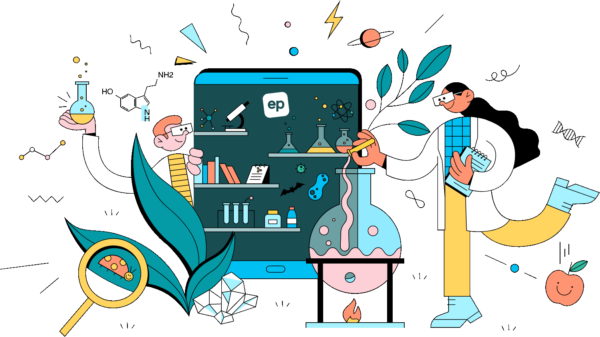EP Science Internal Information, Training & Support.

What is EP Science?
Tag line – Investigate the possibilities
Vision – A complete teaching, learning and assessment Science solution that provides unparalleled data and the opportunity for continuous feedback, buying back time for more hands-on, inquiry-based experiences in the classroom.
EP Science Content Updates
Lessons produced by our internal Content Team:
Senior Chemistry
- Fuels – 10 lessons + revision questions
- Gases & Gas Laws – 8 lessons + revision questions & glossary
Senior Biology
- NSW – Non-infectious Disease – 15 lessons
- Cladistics – 4 out of 7 lessons live
- VCE – Cellular Signals – 3 out of 5 lessons live
Junior Refresh
- Biology – 6 lessons
- Physics – 4 lessons
- Earth & Space Science – 9 lessons
Science News
- April – ‘I am Greta’
- March – Glow in the dark platypus
- February – International Women & Girls in Science Day
We are working with a number of External Teacher Contractors (ETCs) to build resources for region specific syllabus dot points in each of the three subjects. So far they have produced a number of lessons including:

